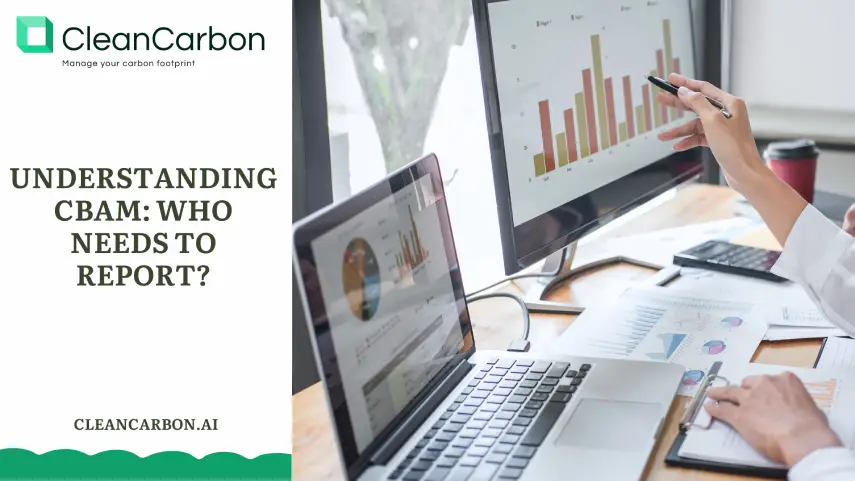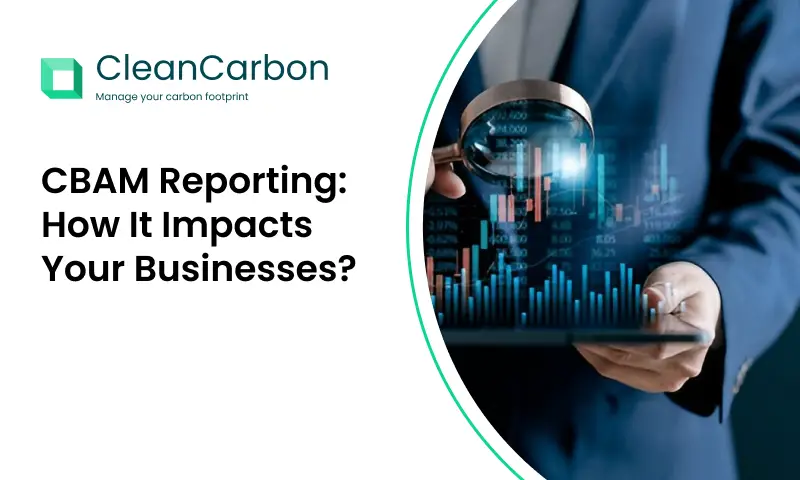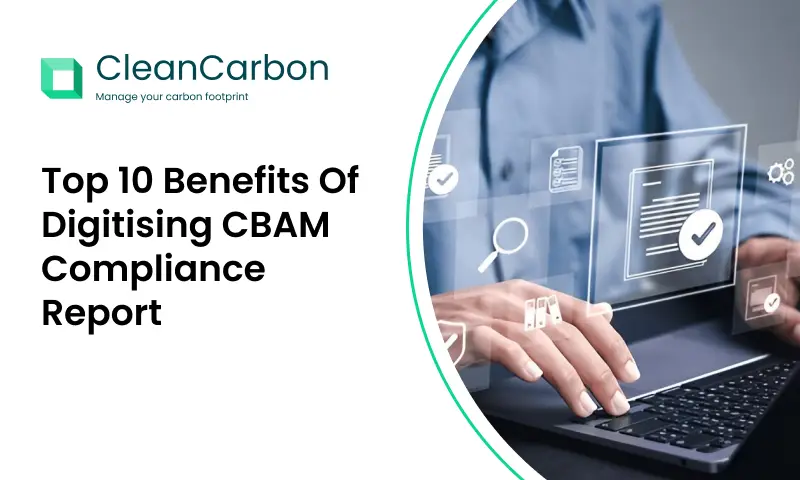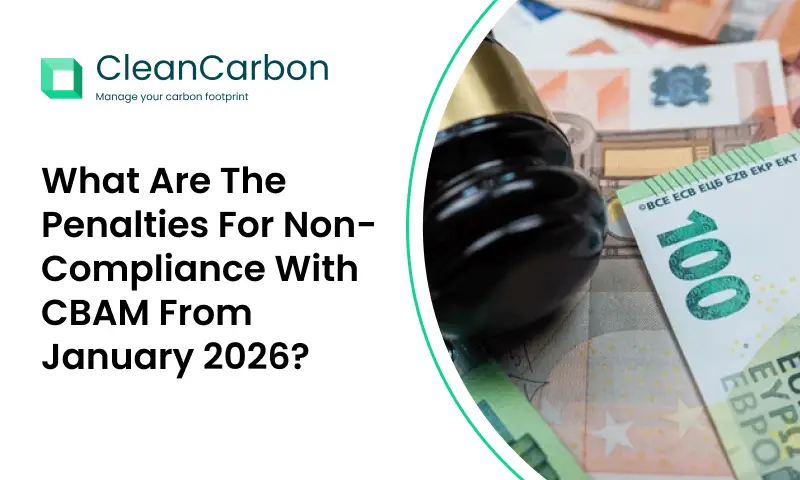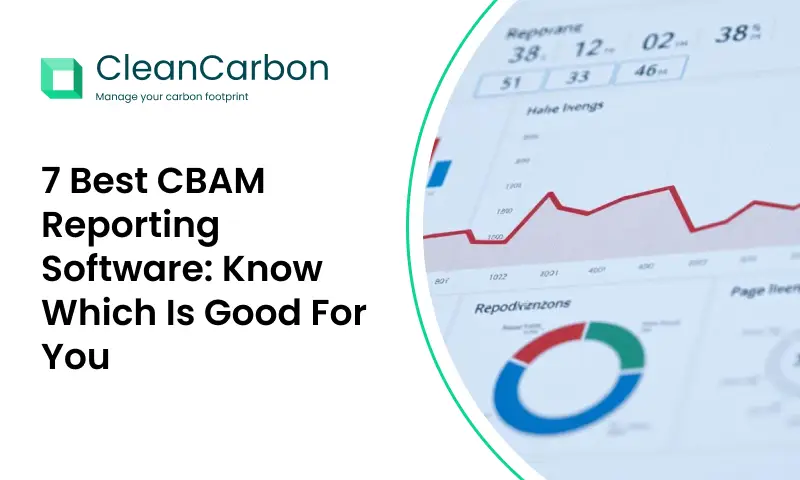The EU’s Carbon Border Adjustment Mechanism (CBAM) is set to significantly impact global trade. This new regulation aims to prevent “carbon leakage” by requiring importers of certain goods to report and eventually pay for the carbon emissions embedded in those products.
Who needs to report under CBAM?
- Direct Importers: Companies directly importing goods covered by CBAM into the EU are primarily responsible for reporting.
- Indirect Customs Representatives: In some cases, indirect customs representatives may be required to report on behalf of importers.
Key Takeaways:
- Transitional Phase: Currently, importers are in the transitional phase where they must report embedded emissions.
- Upcoming Carbon Pricing: Starting January 1, 2026, importers will need to pay for the carbon emissions associated with their imports, based on the reported data.
- Covered Goods: The initial scope includes cement, iron and steel, aluminium, fertilisers, electricity, and hydrogen, with potential expansion in the future.
What needs to be reported?
- Quantity of imported goods
- Country of origin
- Embedded emissions
Impact on Businesses:
CBAM presents both challenges and opportunities:
- Challenges: Increased compliance costs, potential for supply chain disruptions, and the need to adapt to new reporting requirements.
- Opportunities: Potential for companies with low-carbon production processes to gain a competitive advantage.
Next Steps:
- Stay informed: Regularly monitor developments and guidance from the European Commission.
- Assess your supply chain: Identify potential impacts and develop strategies for compliance.
- Consider potential collaborations: Explore partnerships with suppliers to reduce emissions and minimize costs.
Conclusion
This newsletter provides a general overview. For specific guidance, please consult with our experts.
I hope this information is helpful! Please feel free to share your thoughts and questions in the comments.

